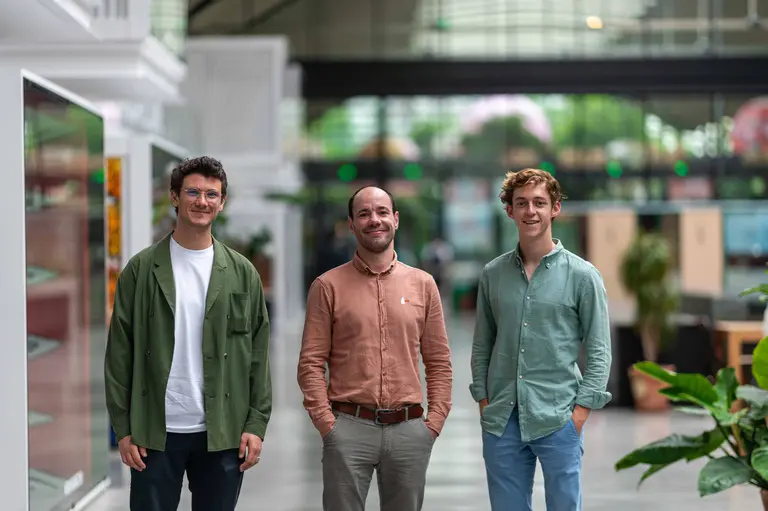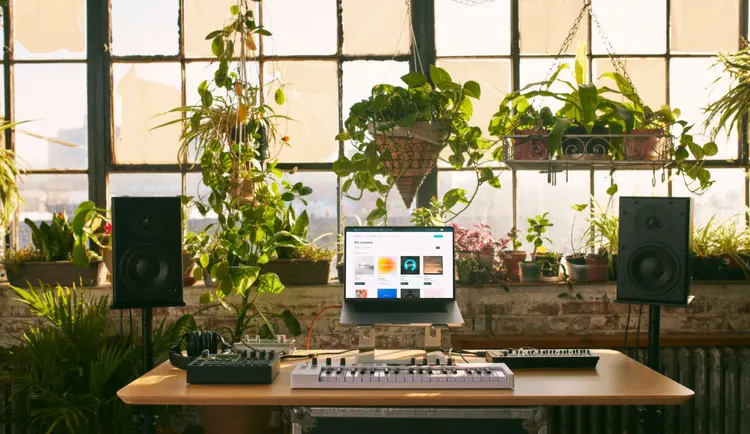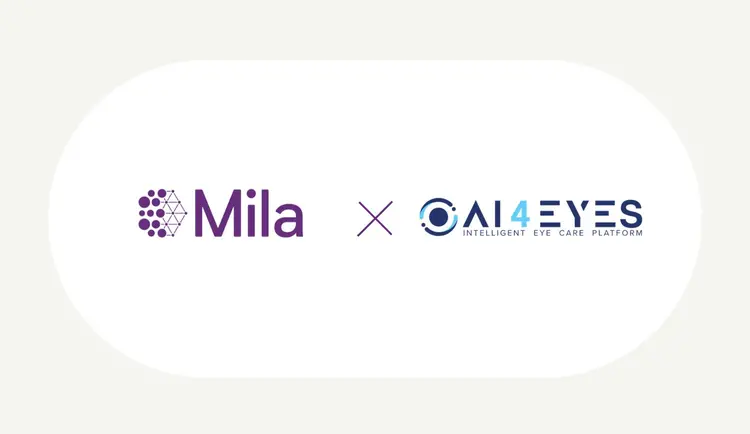
Entalpic is an AI-driven startup dedicated to accelerating materials discovery to promote greener and more efficient industrial processes. It was founded by two researchers from Mila, Alexandre Duval and Victor Schmidt, along with Mathieu Galtier, a former executive from Owkin. Combining deep expertise in machine learning and chemistry, Entalpic tackles one of the most pressing challenges in industry: reducing CO₂ emissions through the discovery of optimized catalytic materials.
At the core of Entalpic's approach is a generative AI platform that models materials at the atomic scale. This platform integrates advanced techniques such as GFlowNet, active learning, graph neural networks, and large language models for mining scientific literature. By efficiently exploring the vast space of potential candidates, the platform automates hypothesis generation and testing in chemistry, accelerating discovery and bridging the gap between computational predictions and experimental validation.
Entalpic collaborates closely with industry partners and academic labs to refine its models and develop tailored solutions for applications including battery materials, carbon capture, and green hydrogen production. Its business model combines intellectual property generation through co-patented discoveries and collaborative projects, positioning the company as a driver of impactful innovations in the chemical industry.
They have recently raised 12,5M$ to pursue their business endeavors based off of Victor and Alexandre's research within Yoshua Bengio and David Rolnick's labs.
What were the main challenges for your team to transition from the academic world to the business world, and how did you overcome them?
I think one of the biggest challenges in transitioning from academia to business is moving from exploratory research to building a scalable, market-driven platform. We’re still at the beginning of our journey, so I wouldn’t say we’ve fully solved it yet, but having a strong organizational structure and a clear long-term vision definitely help us focus our efforts and work effectively toward this goal together. Another big shift is the change in mindset from academia to industry. Even when we aim for open science, everything becomes more complex with the added layers of IP and commercialization to consider.
What’s next for Entalpic?
Right now, we are focused on industrializing our AI platform and pushing the science forward in this field. The next big challenge will be to deepen our collaborations with industry leaders and validate our catalyst discoveries in real-world applications spanning carbon capture, green ammonia synthesis, and advanced battery materials. Our goal is to secure co-development partnerships and start filing patents for key discoveries, solidifying our position as a leader in AI-driven materials innovation.





